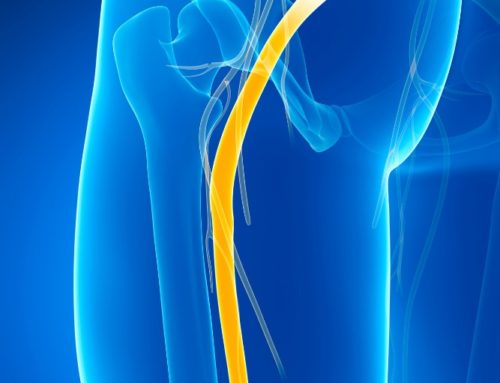Heat affects the brain in more ways than one. From irritability to memory loss to increased risk to commit suicide, the impacts can range from mild to severe.
People suffering from headaches, foggy brain, neurological diseases, like dementia and Alzheimer’s, in particular must take extra special care. They’re often at risk for heat-related illnesses like heat cramps, heat exhaustion, and heat stroke. In fact, extreme heat can worsen underlying conditions with medication and cognitive deficits making them even more vulnerable to hot temperatures.
How does heat affect the brain?
There’s a link between extreme weather and our emotional wellbeing. On hot days, people’s fuses tend to be shorter. We’re hot and bothered, in both senses of the phrase. A lack of focus is another major problem on hot days.

Research has shown that we’re not imagining this. Scientific literature has revealed that above-normal temperatures can have unfavorable mental health impacts. In some cases, it has even been linked to a higher rate in suicides. The impact can be that deadly.
Understanding how the various biological and psychological factors impact our brain function, though, is not yet understood properly. What scientists are in agreement on is that heat affects the brain by impairing vital neurotransmitters and hormones from functioning as they should.
It also causes us to lose out on a good night’s sleep. If there’s a heatwave and quality sleep eludes you for a number of nights in a row, you’ll have a harder time focusing. You might also experience memory loss.
What are common symptoms of heat-related illnesses?
If your body is subjected to extremely high temperatures for a period of time, you run the risk that your body will overheat, referred to as heat exhaustion. When this happens, you can experience a headache, a weak, rapid pulse, and heavy sweating. You might also feel dizzy, nauseous, and struggle with low blood pressure upon standing.
It’s important that these symptoms get addressed immediately. Aside from the mental impacts like impaired focus and increased irritability, it can develop into heatstroke which can be life threatening.
The solution — stay cool and hydrated
While we may not be able to control the weather, the good news is that the degree that heat affects the brain can be managed. The Centers for Disease Control and Prevention (CDC)’s advice is that people ensure that they drink enough fluids. It’s one of the most important steps that you can take to prevent heat illness.
As for which types of fluids, the CDC recommends water. It’s usually sufficient, but you’ll need to ensure that you still eat regularly to replace the salt that you lost due to sweating more. If you’ve experienced prolonged sweating, it can be a good idea to add a sports drink with balanced electrolytes. That said, keep in mind that these have added sugar.
Alcohol should be avoided. It can lead to dehydration and increase the risk of developing heat illness.
In addition to ensuring you stay hydrated by drinking plenty of water and avoiding alcoholic beverages, it’s also important to stay cool. Avoid exercising outdoors. Ideally, you should switch on the air con, but if that’s not possible at least get out of the heat for a couple of hours. And, if you need more help staying cool, you can apply ice wrapped towels to your neck.
This content comprises informative and educational resources only and can not be considered as a substitute for professional health or medical guidance. Reliance on any information provided in this article is solely at your own risk. If you have any inquiries or apprehensions about your medical condition or health goals, talk with a licensed physician or healthcare provider.






Leave A Comment